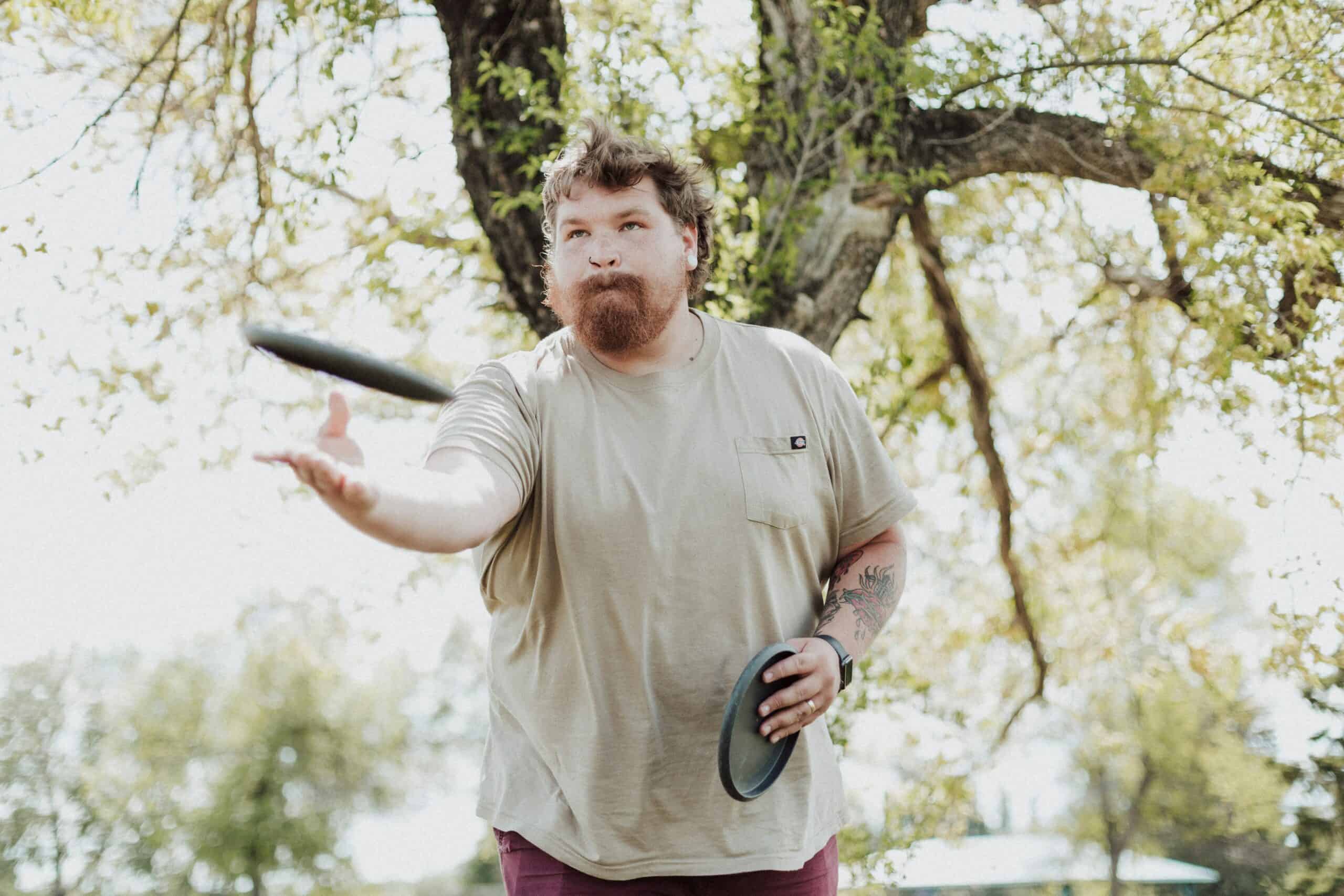Yes – weight regain is possible after a gastric sleeve, but it can often be prevented.
The sleeve gastrectomy is one of the most effective tools we have for treating obesity. It helps reduce hunger, restricts how much you can eat, and can lead to significant weight loss. But it’s not immune to challenges, and for some people, weight creeps back on over time.
Here’s what you need to know.
Why Does Weight Regain Happen After Sleeve Surgery?
While the sleeve gastrectomy removes around 80% of the stomach, it doesn’t remove the emotional, behavioural, or environmental triggers that can affect weight. Regain can happen for a few reasons:
Old habits resurfacing – grazing, snacking, emotional eating or choosing soft, high-calorie foods can override your sleeve’s restriction.
Lack of long-term support – stopping follow-ups with your surgeon, doctor, coach, or dietitian can make it harder to stay accountable and adapt your habits over time.
Stretching of the sleeve – the stomach can stretch slightly over time, especially if you regularly eat past the point of fullness.
Biological and medical factors – hormonal changes, medications, menopause, or chronic stress can also impact your weight.
Life events – significant life events can also have a significant impact on your weight, especially if you are an emotional eater.

How Common Is Weight Regain After Sleeve Surgery?
It’s common to regain 5-10% of your lowest weight in the years following surgery. However, a more significant regain may indicate that something has changed and should be looked into. The key is to act early. Regain is easier to manage if it’s addressed quickly, before it becomes overwhelming.
How to Maintain Weight Loss After a Sleeve
Here are some practical strategies that help people maintain their results long after surgery:
✔ Keep up with your follow-ups – regular check-ins are critical, even years down the track.
✔ Focus on protein and whole foods – protein helps with satiety and muscle preservation. Avoid soft, “slider” foods that go down easily but add lots of calories.
✔ Pay attention to portion sizes – your sleeve helps restrict food volume, but over time, portion sizes can sneak up. Using visual tools (like a portion plate) can help recalibrate.
✔ Be aware of how frequently you are eating – snacking in between meals should be avoided.
✔ Stay mindful of emotional eating – surgery doesn’t fix emotional eating. If you eat when stressed, bored or sad, working with a psychologist can help build new coping strategies.
✔ Move your body regularly – exercise doesn’t have to be intense, even daily walking helps support your metabolism and mood.

What If I’ve Already Regained Weight?
You’re not alone, and it’s not a sign of failure. Regain can happen to anyone, and there are options to get back on track:
- A dietary and behavioural reset with support from your care team
- Reviewing your sleeve anatomy through imaging
- In some cases, revision surgery may be appropriate.
Sleeve gastrectomy is a powerful tool, but it works best when combined with lifestyle changes and long-term support.
